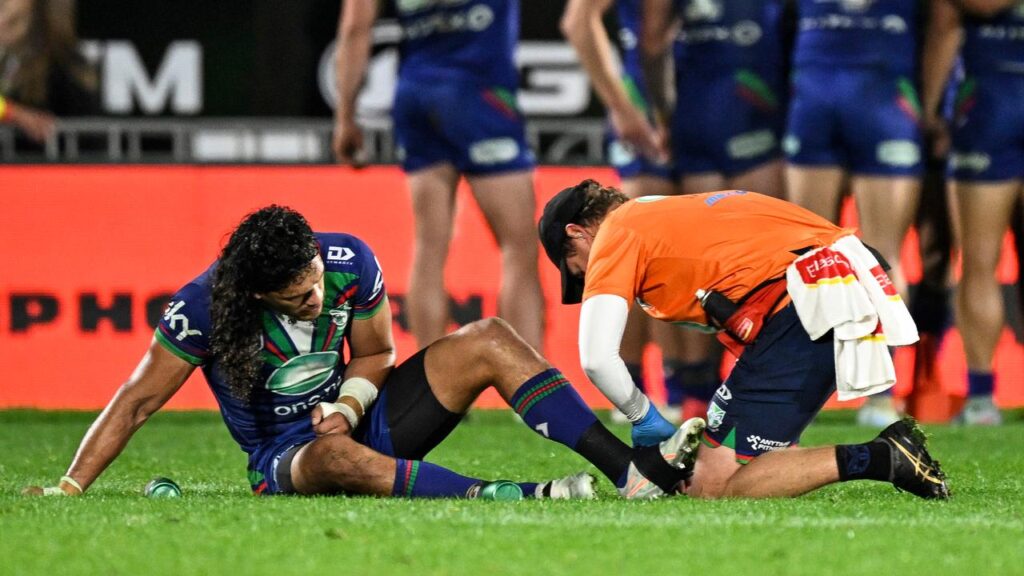NRL’s judiciary changes on hold after dispute notice
Scott Bailey |

The players’ union has pushed for the new NRL judiciary laws to be put on hold after launching a formal dispute of new powers handed to the ARL Commission.
AAP understands the Rugby League Players’ Association (RLPA) this week formally opposed the changed, with the dispute relating to the process it was brought in.
A status-quo provision exists within the collective bargaining agreement for when disputes are raised, meaning rule changes cannot begin until a matter is finalised.
It comes after the NRL’s plan to allow the the ARL Commission to step in if they disagreed with a match review committee decision was met with heavy criticism.
In theory, the rule meant the NRL could charge a player or upgrade a punishment if they felt the review committee were too lenient, or downgrade a charge if too harsh.
But it was almost immediately labelled an “unprecedented over-reach” by RLPA boss Clint Newton and a “disturbing” lack of faith by Penrith coach Ivan Cleary.

The judiciary code falls into the NRL’s rules, meaning changes can be made without a binding agreement from the players’ union.
But the RLPA wrote to players this week to confirm they would be launching a formal dispute, claiming the NRL did not offer the 14-day consultation window required.
Instead the union told its players they believe the NRL only gave a five-day window, meaning proper feedback could be given.
NRL CEO Andrew Abdo on Wednesday defended the latest proposed changes, labelling it an insurance policy that he believed may never be.
“All it really means is that the commission is able to, on very rare circumstances if ever, apply to the judiciary to review a matter that may have been missed by the match review committee, or may have, in their view, not been graded appropriately,” he said.
“There could be an upwards movement of the grading, it could be a downwards movement of the grading.
“This would be in very rare, exceptional circumstances as an insurance policy. It’s not a case of us being in a situation where we’re going to see this applied regularly, if at all.
“The commission has no powers to make a final decision, those powers will sit with the judiciary.”
The challenge of the changes came as it also emerged a rule already exists in the NRL’s judiciary code for the NRL CEO, board or club CEO to report matters to the match review committee they felt had been missed.
According to section 49 of the code, labelled complaints, such incidents must be raised by 12pm on the first business day after a game.
AAP